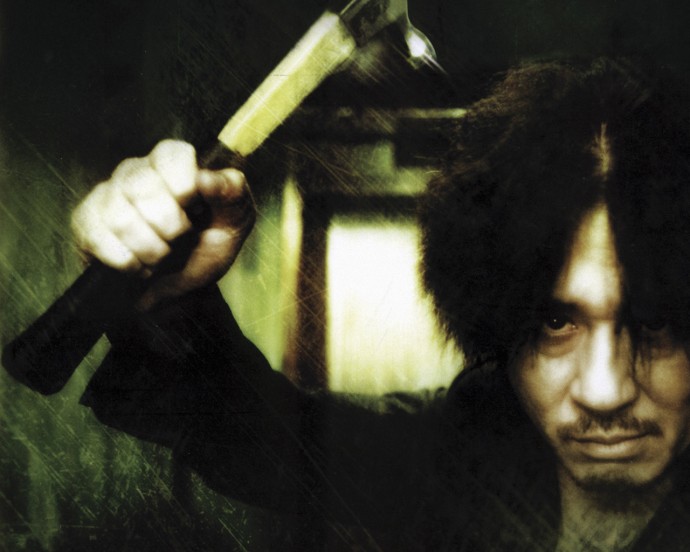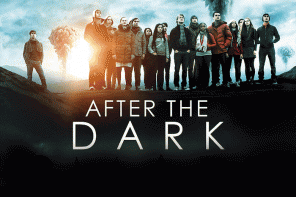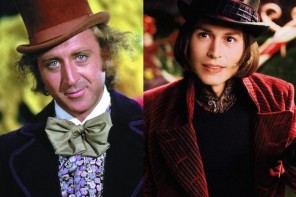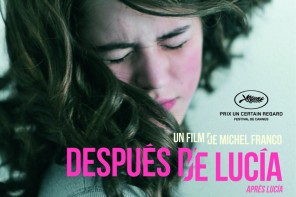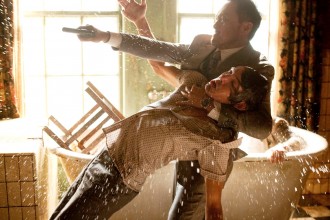Park Chan-wook’s infamous Oldboy (2003) became a cult classic when it took out the Grand Prix at the 2004 Cannes Film Festival. If it had been up to Quentin Tarantino, president of the jury that year, it would have gone home with the Palme d’Or. The film is often overshadowed by its notorious reputation: Its use of extreme violence and a scene in which the lead actor eats a live octopus (four were killed in the making) are not standard fare, even for Eastern cinema. Oldboy, however, is much more than its reputation, and never once does it use these devices in a sensationalist way. In fact, the humanness of this revenge story makes it so great.
The film revolves around Oh Dae-su (Choi Min-sik), who is kidnapped by an unknown enemy and held captive for 15 years in a motel room. He is finally released back into society, and so begins his mission of vengeance to find his captor and the reason for his imprisonment. Along the way, he meets and begins a romance with a sushi chef, all the while still trapped in a web of conspiracy.
Considering its reputation, Oldboy does not actually show much violence on screen. Park adheres to the adage that ‘less is more,’ often times using innovative techniques to only insinuate the horror that might be taking place. By not showing the act itself, the feeling is much more visceral. Even though violence is shown, the film never feels exploitative. Perhaps because it is somewhat warranted. It is part of the director’s vengeance trilogy after all.
While violence is the most hyped aspect of the film, the psychology of the characters is the most interesting part. Rather than sticking to the revenge-action genre, it plays out as a psychological thriller instead. We are given Oh Dae-su’s side of the story from the beginning, as he narrates in voiceover. Furthermore, the film delves into the villain’s motivations as well. Park is not interested in giving us a simple black and white analysis of good and bad, but rather he explores the notion of walking in someone else’s shoes. The film’s direction suddenly changes from two men versing one another, to each man battling their own demons – the theme of the duality between man and monster. There is good and evil in us all, so who is to compare one man’s wrongdoings with those of another man. The conflict of our deepest desires and thoughts is where we all battle our own demons. This good versus evil premise typical in revenge films is not between the two men after all, the battle occurs within themselves, resulting in a type of kinship between them at one point, an understanding between one another. It is this aspect that makes the film even more tragic. Lee Woo-jin quickly changes from a two-dimensional villain to another character with deep psychological trauma.
What the film explores through the psychology of revenge is the most basic human feelings of loneliness and alienation, as exemplified through the quote, “Laugh and the world laughs with you. Weep and you weep alone.” Through the story of Oh Dae-su and Lee Woo-jin, these themes transfer off screen and elicit themselves in the viewer; the audience feels so much for them and can’t help but empathize with the characters. This is what makes Oldboy so unique and deeply personal. Rarely does an action-revenge film evoke such a response, but Park manages to explore taboo themes with such tenderness that it is heartbreaking.
Although the film carries a heavy thematic weight, black comedy serves to provide a contrast. Oh Dae-su embarks on a mission to find the same fried dumplings he was fed whilst in captivity, knowing the source will bring him to his captor. Thus ensues the restaurant hop, so serious it actually becomes comical. Or when blood sprays into one eye as the killer shoots at close range. Park places these little moments of comic relief to ensure the film never comes across as too earnest. After all, life is awkwardly funny at the worst of times.
Oldboy is a film that defies expectation. It reveals a real vulnerability instead of the two hours of straight up action one might expect. It also tells a story that no one wanted to tell, and does so with such beauty and respect. It doesn’t judge its characters and their actions, and simultaneously asks the audience to do the same. In the words of the film, “Even though I’m no better than a beast, don’t I have the right to live?”

